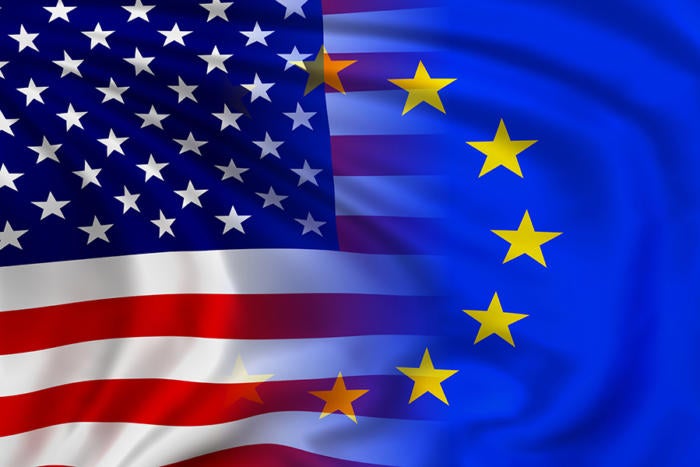US, EU reach preliminary data privacy agreement

Credit to Author: Michael Hill| Date: Fri, 25 Mar 2022 05:34:00 -0700
The US and the European Union (EU) have a preliminary agreement over the storing of European data on US soil. It was announced by President Biden and EU President Ursula von der Leyen, speaking on Friday March 25. If successful, the data agreement would resolve a significant point of contention in US-EU relations since a previous deal regulating trans-Atlantic data flows—Privacy Shield—was deemed illegal by the EU’s top court in 2020. It ruled that the US did not provide EU citizens effective means to challenge US government surveillance of their data.
While neither President Biden nor President von der Leyen provided details on how the new agreement would work and withstand legal challenges, the US President said that the “framework underscores our shared commitment to privacy, to data protection and to the rule of law” and would allow EU authorities “to once again authorize trans-Atlantic data flows that help facilitate $7.1 trillion in economic relations with the EU.”
EU President von der Leyen said in a statement that the US and EU must continue to adapt in a changing world, particularly when it comes to the protection of personal data and privacy. “Therefore, I am very pleased that we have found an agreement in principle on a new framework for transatlantic data flows,” she added. “This will enable predictable and trustworthy data flows between the EU and US, safeguarding privacy and civil liberties. This is another step in strengthening our partnership. We manage to balance security and the right to privacy and data protection.”
President Biden added that the US and the EU are finding creative new approaches to bring their economies and people closer together on shared values.
The deal will provide significant relief for companies that transfer data from the EU to the US and harbored concerns about the implications of doing so in the wake of the EU court’s 2020 ruling. It will also be seen as positive news for US technology companies that are fending off a growing number of cases involving European privacy regulators. Such issues threatened to force organizations to cut off transatlantic data flows.